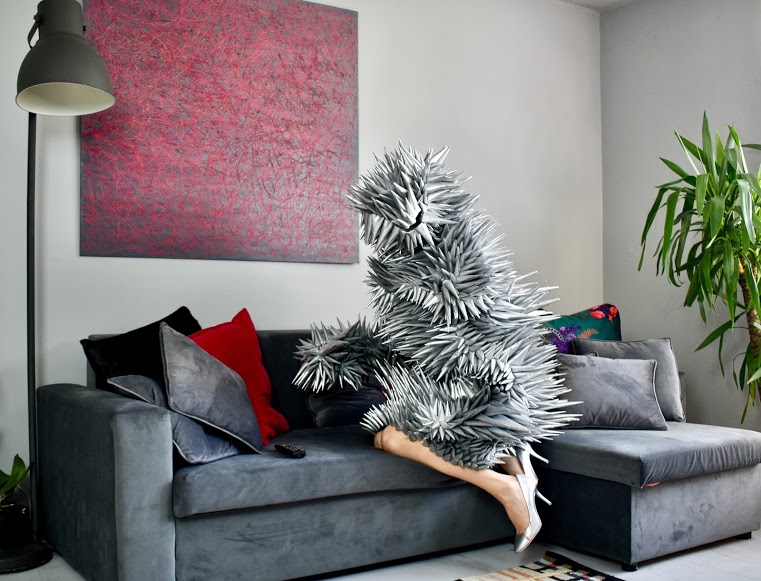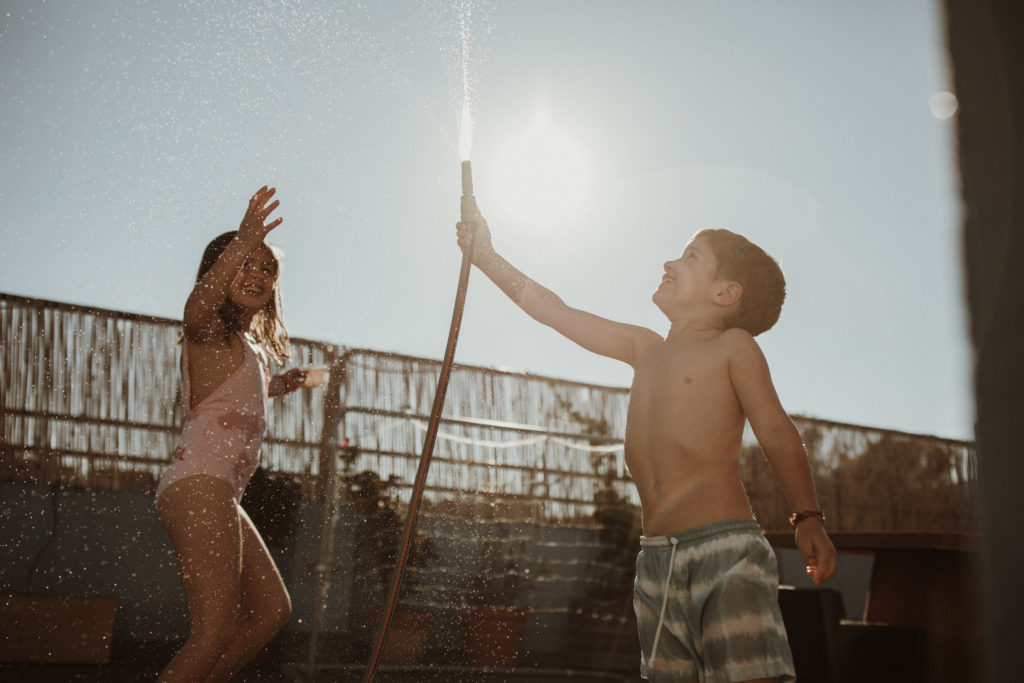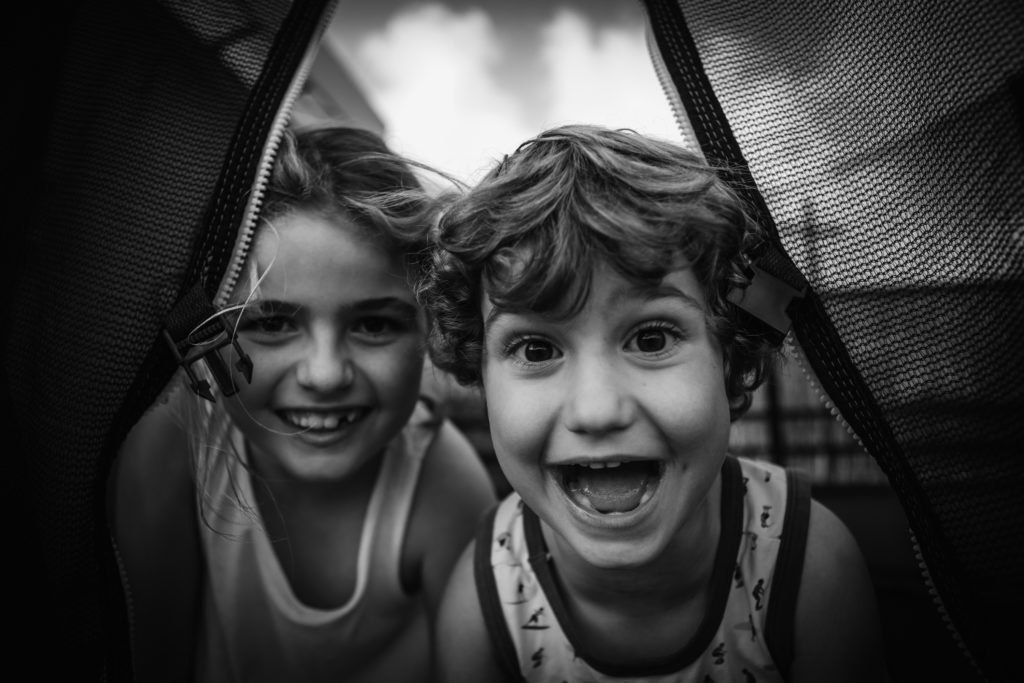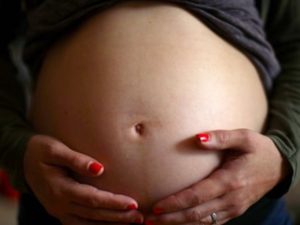Throughout the decades, the feminist fight in Western countries has celebrated some victories such as the right to vote, reproduction rights, equal pay laws – however poorly applied in reality – and the end of the indivisible link between womanhood and motherhood.
As capitalism and neoliberalism do, we were made to believe that maybe we could have it all. Now, the outbreak of Covid-19 and lockdown have been like a slap in the face for many women, especially those from the have-it-all generation, and the truth has been revealed. However far we advance in rights and however strong the feminist cause grows, the patriarchy still runs the show.
Consequently, within the home environment, mothers are bearing the brunt of extra childcare and housework. At work, mothers were often either told that they could not work from home, pushing them to keep going to work and consequently putting them at risk; asked to take sick leave; or made redundant, ignoring government guidelines on furlough for those caring for children. Legal advice lines have also been inundated with calls from pregnant women who have been made redundant while male workers have been kept on, and others who have been told they must go to work or they would loose their job despite being categorised as a vulnerable group in government guidance.
Charity ”Pregnant Then Screwed” surveyed 3,700 mums and found that:
- 57% of working mums believe that managing childcare during Covid-19 has damaged their career prospects.
- 49% of working mums feel forced to send their children back to nursery because of their jobs.
- 78% of working mums have found it challenging to manage their paid work alongside childcare.
- 25% of these mothers said their employers have not shown them any flexibility when trying to manage their jobs with childcare.
Sources: Pregnant Then Screwed, The Guardian



Adapting To The New Reality Of Life Under Lockdown
The lockdown was a time of great anxiety and uncertainty. For many, it felt like the world had changed. People were stuck inside their homes, lacking social connectedness and unable to visit other places.
The film is a combination of Ochkovskaya’s personal experiences; as a wife, mother and artist at home with her 5-year-old daughter for several months during the pandemic. She created a fantastical new world which offered an escape from the daily routine. It is the story of one woman’s journey through the pandemic, finding her space in the world. Her work makes familiar things unfamiliar: giving everyday domestic experiences and routines a new meaning, changing our perceptions. Ochkovskaya explores the construction of women’s identity within the domestic space, which is traditionally gendered as a female sphere. Women are objectified, positioned and confined; women are becoming the Other in relation to men in patriarchal societies.
Liminal vessels
These ceramic vessels caught in tightly stretched skin-like latex dig deep into our ambiguous feelings towards the flesh. Ceramics and skin both function as containers or carriers of matter and meaning. The taut latex represents the feeling of being physically and psychologically stretched between priorities as a studying and working mother. For Strachan, already a member of the ‘sandwich generation’ caring for both children and elderly parents; Covid-19 lockdown, as for many women, intensified the tension between her different forms of labour.
Transitioning between roles and realities – seemingly coherent worlds or spaces of objects and beings – she came to question the definitions of these worlds when experienced within a confined space. In lock-down, she grieved for time spent in the interstitial – or in between – moments. Reflecting on this, her work explores the liminal state between body and object, between corporeal and non-corporeal.













Freedom in Lockdown
Ruiz’s photographic language is a form of deep connection with herself, where she detaches from traditional maternal stereotypes and from what society assumes of a woman photographer.
“Lockdown was an opportunity for me to connect with my kids as I did when they were babies, at home, with time for attention, dedication and observation. I returned to the feeling of meeting these new little people, exploring their unknown personal aspects (also my own) and enjoying the novelty. There were many contradictions, there were days of uncertainty and changes, but I felt a strange peace in the ‘stopping’.”
Three Weeks in Lockdown
“During the first three weeks of covid-19 lockdown (23rd March – 11th April) women across the U.K. and around the world were being murdered and beaten at an unprecedented rate. In England and Wales alone 14 women and 2 children were murdered*. These figures do not include transwomen.
Three weeks in lockdown is a project documenting murdered women over a 3 week period. As the stories of the murdered women and children faded in the media I felt the need to mark the locations across the country, where the murders took place. In each location I used either chalk or charcoal since they would wash away over time, mirroring how the murdered women will fade from our memories and be quickly forgotten.
Domestic abuse and the murdering of women happens in big cities, small towns, country villages and holiday destinations by the sea. Violence against women is all around us, all the time. Regardless of the heightened number of murders during the first three weeks, it is vital to understand that lockdown did not cause men to be violent. In reality, it just provided a greater opportunity for already abusive men to act violently. ‘Stress’ caused by the virus is not a justification for murder, as often suggested by the media to shelter perpetrators from the responsibility of their actions. Those women were murdered due to male violence against women. It is important we remember that abusers dont murder because they loose control of themselves but often when they loose control of their power. The United Nations Executive Director Phumzile Mlambo-Ngcuka for Gender Equality stated on 6 April 2020 that “domestic violence was already one of the greatest human rights violations”.
Since the first national lockdown was lifted I have travelled nearly 2000 miles across England and Wales, reminding people of the prevalence of domestic violence everywhere. However, with my project now completed and November already upon us, we are left facing yet another national lockdown. What will this mean for the women trapped with abusive men? Will the media continue to divert the blame onto the victim, or will they use lockdown to justify the perpetrator’s actions, freeing them from accountability. Unless we stop excusing the perpetrators and start talking openly about violence done to the bodies of women and children, we cannot begin to change it.
My piece, Three weeks in Lockdown 2020 was inspired by Suzanne Lacy’s project Three Weeks in May 1977″
*The source of the data used by the artist is Counting Dead Women by Karen Ingala Smith, which does not include transwomen. (Sheroes project stands for diversity and therefore includes women, trans and gender non-conforming individuals, without them our mission would not be complete.)





A fly buzzes
A whirring drone
The dog sighs
We’re at last alone.
For one short morning
The house is mine
A quiet fort
Of my design.
The wind rallies
A car door shuts
Pigeons call
And sparrows fuss.
We lay on the sofa
The dog and I.
I watch the clouds
She shuts her eyes.
I feel my breath
I feel my aches
I hear the sounds
My stomach makes.
I ignore the mess
Around the room
The toys and books
I should tidy soon.
Leaf shadows dance
Above my head
A compelling show
To watch instead.
Poem: Alone for One Morning
This poem was written two months after schools closed when my husband took our children out for a morning. It was the first time I’d been alone in the house since their last day at school. I had planned to spend the time sorting through the mess that had built up while I juggled homeschooling with freelancing. Instead I lay on the sofa enthralled by the quiet– and the shapes of the leaf shadows on the wall above me.
For many women, the lockdown was an exhausting experience. My husband and I had initially agreed a schedule to share the responsibility of homeschooling. Two weeks in, the pressure to earn kept him on his laptop from morning to night and it was clear the burden was mine to shoulder alone.
The strain took a toll on my physical and mental health. My periods stopped for 10 weeks and only returned when the children finally went back to school. I gained a stone because I didn’t have time to exercise and I drank a lot more. I collapsed over the finish line. But I got there. I kept them happy. I kept them learning. I just wore myself out in the process.
Related content
Explore other themes
Get in touch
Powered by
Sheroes is a Lon-art project. Copyright © Lon-art.org 2019. All rights reserved.
About Us
Sheroes is a collaborative project that highlights hidden herstories through the arts.
If you want to support the sheroes cause, please donate. All the money raised will go to running more Sheroes events.
Powered by

Sheroes is a Lon-art project. Copyright © Lon-art.org 2019. All rights reserved.









